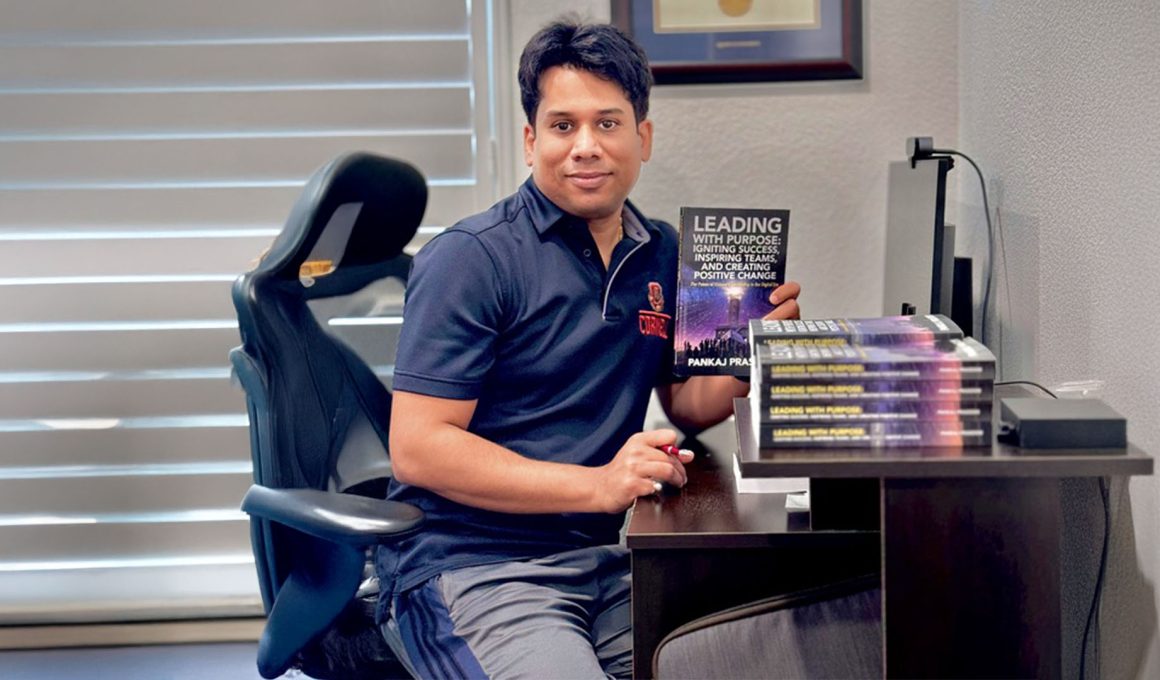Most resumes vanish without a trace after hitting “submit,” disappearing into what hiring professionals call the resume graveyard. The brutal reality is that three out of four applications never make it past the initial screening, and a human with an attention span of just 15–30 seconds makes the final decision. Pankaj Prasoon, a product leader with two decades of global experience, has watched this process from both sides and knows exactly why most applications fail.
The Problem: Writing for Robots, Instead of Humans
The biggest mistake job seekers make is treating their resume like an old-school document of record. “Candidate needs to understand that resume is no longer a document of record. It is actually a marketing brief for a very, very specific human audience,” he explains. This shift changes everything about how you approach applications. Most people still use the spray-and-pray method. “Gone are those days where you’ll have one size fits all resume or even slightly tweaked version of each job,” Prasoon notes. “You are throwing very generic messages into the ocean of noise and hoping to get picked up by a keyword spanning robot.” The problem is obvious. You are not talking to a robot. A human with a 15-second attention span is scanning your story. “I am human, you are human… It’s not the application tracking system,” Prasoon points out. Yet most people write their resumes as if algorithms will make the final decision.
The Fix: Show Impact, Not Just Duties
The difference between success and failure often comes down to one thing: proving your value with numbers. Instead of listing what you did, show what happened because you did it. Prasoon gives a concrete example: “Most people will list responsibility and showcase achievements. Instead of saying I managed a team of five people, how about saying grew a team from two to five engineers in 12 months leading to 30% acceleration in product delivery for successful launch of flagship product.”
This approach works across industries. A marketing manager should not just say they “managed campaigns.” They should say they “increased email open rates by 45% and generated $2.3M in revenue through targeted campaigns reaching 50,000 prospects.” A sales rep should not list “exceeded quotas” but rather “surpassed annual quota by 127%, bringing in $4.2M in new business from 23 enterprise clients.”
The core principle is simple: “You could use numbers and quantifiable results wherever possible. This proves that you are a valuable asset, not a person with a title,” Prasoon states. Companies want evidence of what you can do for them, not just what titles you have held.
Even the Best Resume Only Gets You So Far
Here is what most career advice will not tell you. The best opportunities rarely come from applications. Prasoon learned this during his own career transitions. “I have not been lucky enough to go and apply bunch of resumes to companies. I realize a lot of people make this mistake of taking resumes and start uploading, uploading.” Instead, he built relationships that created opportunities. “When Microsoft reached out to me for a role, it was not a push from my end, it was a pull from their end,” he explains. “If the company wants to pull you, you are in a driver’s seat.”
The mathematics of negotiation change completely when companies pursue you rather than the other way around. “When you have multiple job offers, then your negotiation power becomes increasingly higher,” Prasoon notes. This positioning gives you significantly more control over salary, benefits, and working conditions. Building these relationships takes time, but it is the most reliable path to better opportunities. “Networking is the key in this age of recruiting and hiring. People need to know you as a person,” he emphasizes.
Think Beyond Traditional Applications
Smart candidates do not just send resumes. They demonstrate their abilities. “People need to think beyond the formats and the resume style,” he suggests. “Instead of just listing your skills, you could build a project to showcase them. Write an article, create a video, build a prototype.” For marketing roles, create content that shows your strategic thinking. For technical positions, build something that demonstrates your coding skills. For consulting, write case studies that showcase your problem-solving approach. The goal is moving from telling to showing. “It is not your biodata, it is not dead roles and responsibility, but it is a launchpad for conversation,” Prasoon explains. “What is that unique value you want to bring to the table, write that and craft it as if a human crafted it for another human.”
Four Principles for Career Growth
If Prasoon could go back and advise his younger self, he would focus on four principles:
- Master A Skill, Not A Subject – “Forget about finding your passion right now. Competence will build confidence, and confidence is a magnet for opportunity.”
- Embrace Failure – “Failure is not a fog, it is a mentor. Every failure teaches you something that success never can.”
- Build Relationships – “Your network is your net worth. Do not just collect contacts, build genuine connections.”
- Prioritize Learning Over Money – “A paycheck is temporary, but the skills and wisdom you gain will be permanent.”
From Resume to Leadership
The resume may get you in the door, but leadership skills, learning, and authentic relationships keep you moving up. As professionals advance, they face a common challenge: “The most common blind spot I see in rising leaders is failure to transition from doing to leading,” Prasoon observes. Many leaders struggle with delegation, falling into micromanagement patterns that limit their team’s growth. Your job becomes about enabling others’ success. It means modeling, coaching, and clearing the roadmap.
That lesson connects back to the very start of a career. “Do not take a job because it pays you more. Take the job where you are going to learn the most,” Prasoon advises. A paycheck is temporary, but the skills and wisdom you gain will last. If your resume feels like it is sinking into the graveyard, it is time to change your approach. Your career is not a lottery. Write with impact, build real relationships, and you will never end up in the graveyard.
Connect with Pankaj Prasoon on LinkedIn to explore his insights on career growth and leadership.








